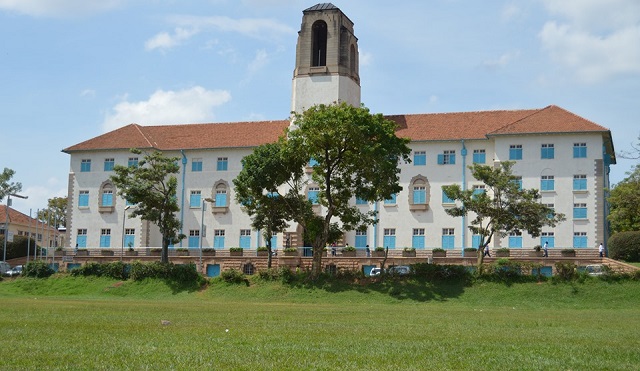East African Community (EAC) citizens are being urged to actively promote and embrace Kiswahili as a means to celebrate cultural heritage and enhance regional unity. This call was emphasized during the 2nd East African Kiswahili Commission (EAKC) International Conference held in Mombasa, Kenya, where stakeholders gathered to discuss the language’s role in fostering unity and development across the region.
Hon. Aisha Jumwa, Kenya’s Cabinet Secretary for Gender, Culture, the Arts, and Heritage, delivered the keynote address, advocating for proactive efforts to develop Kiswahili and other African languages. She highlighted Kiswahili’s global reach, spoken by over 200 million people worldwide, as evidence of its growing importance and the success of ongoing promotion efforts.
Kenya is exploring the establishment of a National Kiswahili-Speaking Day, potentially on July 7th, to encourage widespread use of Kiswahili among all citizens, including high-ranking officials. This initiative aims to strengthen national identity and promote linguistic diversity within Kenya.
The conference, which preceded the 3rd EAC World Kiswahili Language Day, focused on the role of Kiswahili in multilingual education and its contribution to peace-building efforts. Dr. Caroline Asiimwe, Executive Secretary of EAKC, underscored Kiswahili’s significance beyond communication, describing it as foundational to societal and national development across East Africa.
Discussions at the conference centered on sharing knowledge, research findings, and best practices to enhance Kiswahili education systems and promote sustainable development in the EAC region. Recommendations made during the event are expected to guide future initiatives aimed at integrating Kiswahili into regional policies and educational frameworks.
Rt. Hon. Joseph Ntakirutimana, Speaker of the East African Legislative Assembly (EALA), expressed optimism about Kiswahili’s potential to become a universal language, fostering regional cooperation and socioeconomic progress. He called upon EAC Partner States to advocate for Kiswahili’s official adoption across the region, envisioning a future where Kiswahili transcends borders and contributes significantly to East Africa’s global influence.




















